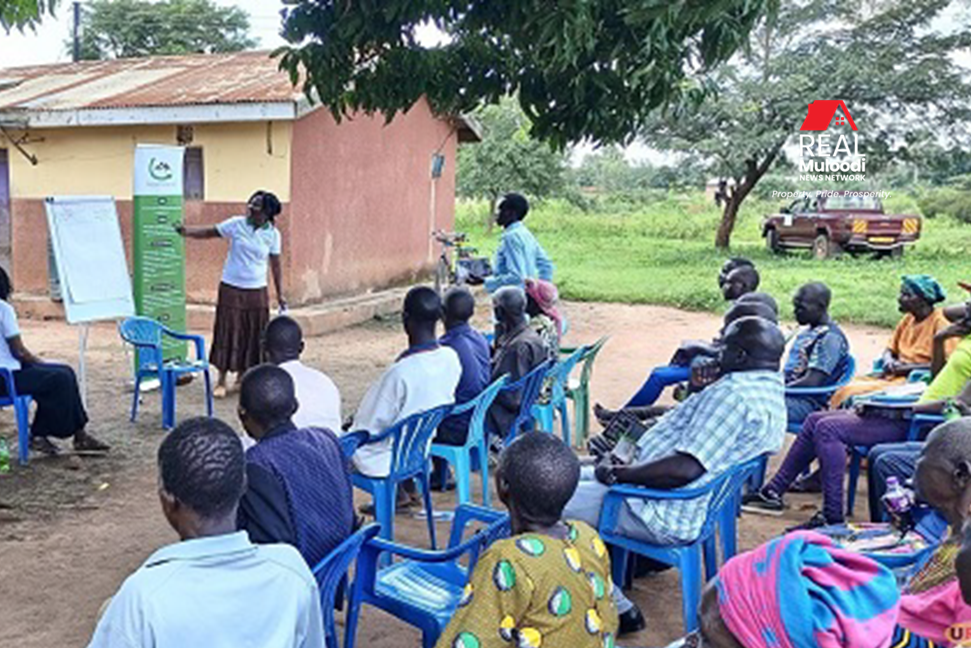UGANDA, Lango | Real Muloodi News | The Land and Equity Movement in Uganda (LEMU) is working with clan, religious, and local council leaders to promote land rights for women. This initiative is part of the “Stand for Her Land (S4HL)” campaign, coordinated by the Uganda Community-Based Association for Women and Children Welfare (UCOBAC).
The campaign involves Social Norms Transformation dialogues in Otuke and Oyam districts, aimed at developing strategies to support women’s land rights.
LEMU’s Programs Officer for the Northern Region, Jane Ekayu, explained that the selected leaders hold significant cultural and political influence in land allocation.
By sensitising these leaders, the campaign aims to improve justice for women regarding land access and ownership.
“Educating those closely connected to women in the community can enhance justice,” said Ekayu. The initiative seeks to document norms and practices that prevent women from accessing their land rights.
Ritah Kemigisa, Advocacy and Communication Associate for the Stand for Her Land Campaign in Uganda, emphasised the importance of these dialogues.
She noted that they help leaders understand both legal frameworks and the discriminatory norms that hinder women from enjoying their land rights.
Ojok Orukubade, deputy clan chief of the Atek Odyek-owidi clan, expressed support for the initiative. He highlighted the need to address boundary issues, which he identified as a primary cause of land conflicts in the Lango region.
Margret Akello, the area LCI chairperson of Awino village in the Otwal sub-county, stated that the dialogues provide leaders with new information on customary land ownership laws.
She added that some cultural leaders, previously involved in alleged land grabbing from widows, may cease such practices due to increased awareness.
However, Walter Obong, the area councillor for Agwar parish in Aleka sub-county, Oyam District, expressed scepticism about the initiative’s impact.
He noted that even land registration, widely promoted as a solution, has led to conflicts among neighbours.
LEMU has been working to recognise and protect land rights, particularly for vulnerable groups such as women, youth, the elderly, and the rural poor.
The organisation’s efforts aim to reduce inequality in customary land rights and prevent the dispossession of these groups.
READ MORE LIKE THIS:
Acholi Leaders Urged to Prioritise Women in Land Registration Process



